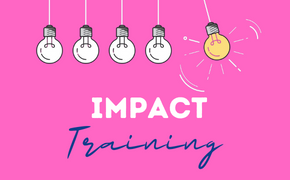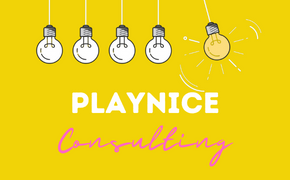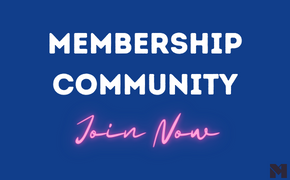We’ve got busier. Have you noticed?
Is it financial year end? Is it return to office? What-ever is going on, it’s impacting people.
So let’s talk about your boundaries – your thin red line.
Are you struggling to set boundaries? Are you saying yes to things you should say no to? Putting in long hours ‘just this once’, but all the time? Feeling that people take you for granted or even take advantage?
Then there’s a chance that you’re not setting boundaries – and as a result you could be heading for or worsening your burnout.
Why do we do it? Most of us have been trained since childhood to be a people pleaser.
If you’ve ever said yes knowing you should have said no or made up an excuse instead of saying no, then the chances are that you’re pleasing people and struggling to set boundaries of your own.
But saying yes feels good doesn’t it? Saying yes is a habit that makes you feel needed, valuable, and useful. You want people to be liked. You want to be part of the gang.
And saying no feels bad, it makes you feel guilty, worried about upsetting people, fearful of damaging your reputation, or even losing your job.
This relationship we have with saying yes and no, is a programming issue that is now hurting us more than it is helping us. And why now?
You are already working a lot more hours than before Covid – ADP research last year shows that work from home workers were putting in an entire day per week more work. And now we are being asked to come back into the office, so we are adding a commute on top of that. If you haven’t had real conversation about resetting expectations, then you’re now trying to cram 6 days productivity into only 4 days worth of available working hours. No wonder you’re feeling burned out – according to ASANA, almost 4 in 5 Australians are, and we rank among the most burned out in the world.
So what can you practically do about it?
First off, articulate your boundaries. This is a step that most people forget to do, and if you don’t have your boundaries clearly articulated, you have no hope of holding to them. In the coaching that I do with B-Suite leaders (who are the most burned-out cohort in the world!) we talk about a thin red line. This is the point past which you do not go without clear repercussions.
If you don’t have this clearly articulated yet, then you have no chance of anyone respecting your boundaries.
This means being clear on what really matters to you. If you simply say you’ll only work a 50hr week, you won’t stick to it as there will always be a good reason to step over that line. But if you say you’ll never compromise on your morning meditation or you say that you will always spend every second Friday with your grandad, then you’re more likely to say no when work requests come up. It’s easier to respect our own boundaries when they are specific and meaningful.
Once you’ve set your work-life boundaries, then it’s time to set some in-work boundaries too.
We have a cult of overwork in many countries. Busy is wrongly equated with valuable, so we feel obliged to work harder and harder instead of smarter and smarter. This means we feel that we should be able to keep doing more and more and more – as if we are an infinite resource. But we are not.
We must get out of our own way when it comes to work boundaries. Get over the fear of saying I can’t (or won’t) do it all. Get over the shame of not having an infinite capacity for work (even Superman has his limits). Stop fearing that we will lose respect or even status if we don’t say yes.
Here are five ways to establish and keep your boundaries intact at work:
- Boundaries build respect. If you don’t respect your own boundaries, no-one else will. They will always take you for granted, and they will always want more.
- Without your own priorities you’re at the mercy of everyone else’s. A lack of priorities makes us feel we have no way to push back. Set your priorities with your leader and build your confidence to say no if requests conflict with them.
- Control your diary before it controls you. Expect a diary agenda or challenge your need to attend. If they can’t articulate the meeting agenda and why you’re required, it’s likely to be a waste of your time.
- Qualify before you commit. Find out what you’re saying yes to before you say it by simply asking when and why. ‘When do you want it’ will mean that you can schedule it appropriately rather than assume you need to work all weekend on it.
- Learn to say yes in the right way. This means yes, I can show you how to do it (instead of doing it for you) or yes, if I can stop something else (instead of adding it on top), or yes I can do it on Thursday (instead of Sunday).
With these simple techniques, you can set boundaries that both prevent burnout and build respect.

Rebecca is Australia’s leading authority on mid-level leadership. She builds B-Suite leaders with C-Suite impact™ by working at an organisational, team and individual level.
Speak to Rebecca about:
- Level Up – Individual and Group Leadership coaching
- PlayNice – Team effectiveness
- IMPACT Training
You can reach her on [email protected]














